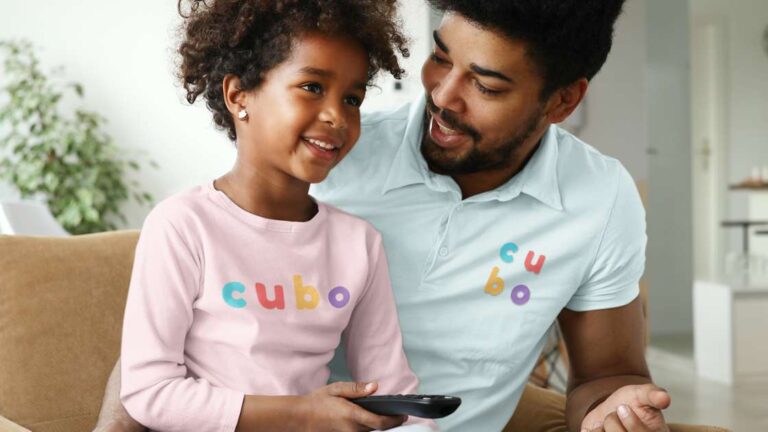
Montessori toys are more than just beautifully crafted learning tools — they help toddlers develop critical social-emotional skills like patience, empathy, and turn-taking. Using an emotions chart and thoughtful play, children begin to recognize feelings and practice respectful collaboration.
 Practicing Patience Through Play
Practicing Patience Through Play
Many Montessori-inspired toys are open-ended, meaning they can be shared or used in group settings. Activities like stacking blocks, sorting trays, or color matching sets encourage kids to wait for their turn, observe others, and complete steps methodically. These quiet moments of anticipation foster emotional regulation and patience. If your child rushes or grabs, model calm behavior and create simple, turn-based games using everyday objects.
 Learning Turn-Taking with Visual Tools
Learning Turn-Taking with Visual Tools
Turn-taking doesn’t always come naturally — that’s where visual aids like an emotions chart come in handy. When children see their feelings represented visually, it becomes easier to understand why waiting or sharing might feel frustrating. By pointing to a chart and naming emotions, adults help children label their experiences and develop coping skills.
 Reinforce Emotional Language
Reinforce Emotional Language
Use language that supports emotional expression: “You’re feeling frustrated because it’s not your turn yet.” Pair this with tools like Cubo Sticky Feelings, which lets kids physically place emotions on a board to express themselves. Practicing these small interactions regularly helps toddlers internalize respectful communication.
 Cubo Toys Product Recommendation
Cubo Toys Product Recommendation
Our Cubo Sticky Feelings product is a hands-on SEL tool designed to promote emotional awareness and patience. Children can move sticky-backed emotion tiles on a reusable board, encouraging expression during play-based routines.
 Additional Resources
Additional Resources
Explore our Emotion Flash Cards to further support emotional vocabulary development at home. These cards are perfect companions to your emotions chart and work beautifully with any Montessori-inspired routine.
For a research-backed take on supporting emotions, read this helpful article on emotion coaching from Parenting Science.









